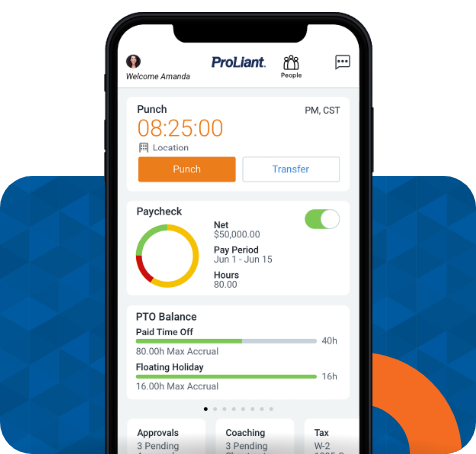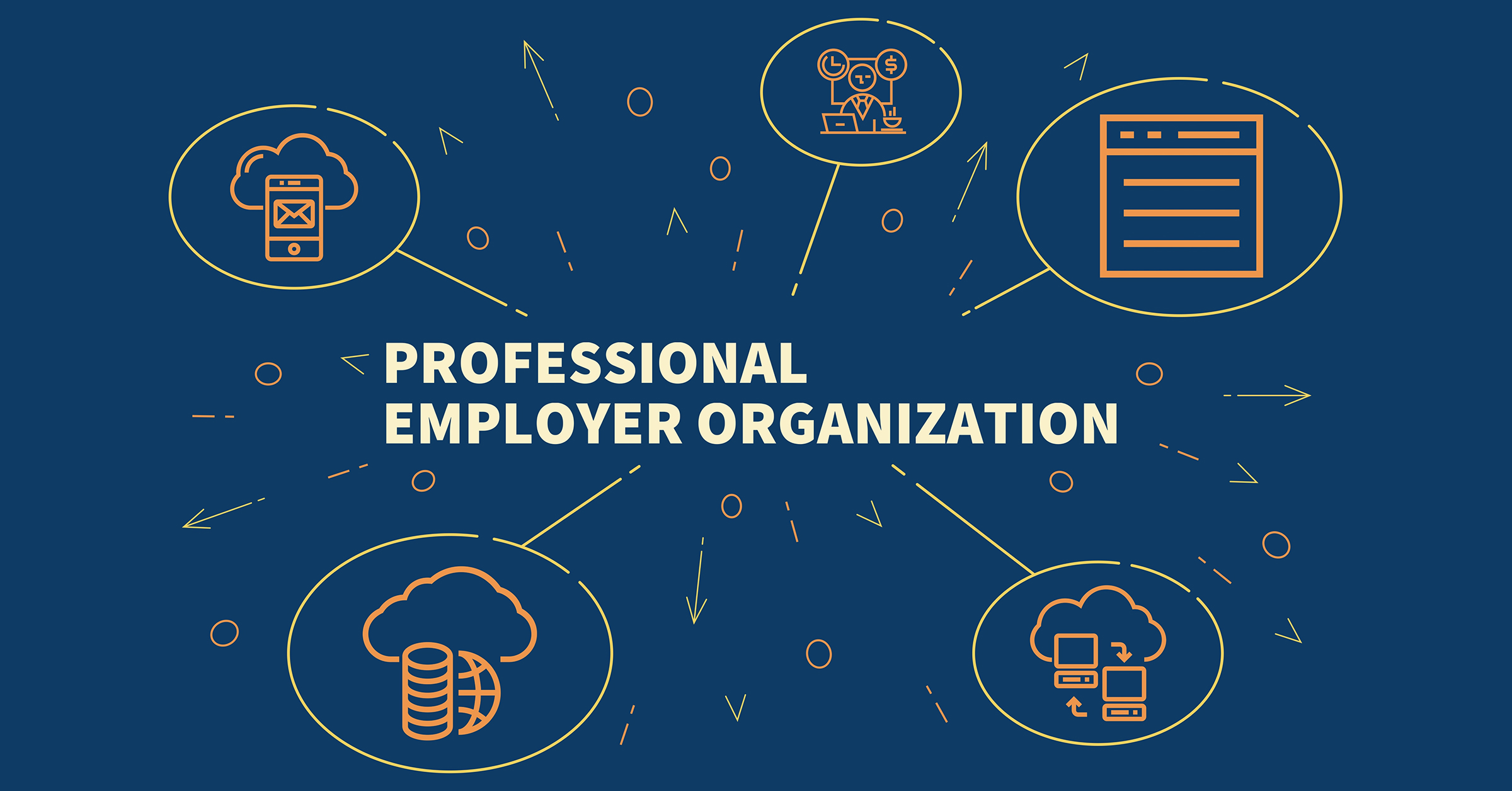When businesses are just getting started, they can benefit from the use of a PEO provider to help manage employees and other processes. Although partnering with a PEO requires business owners to relinquish some of their autonomy, it’s often a more affordable choice for managing HR and payroll than hiring a team in-house. However, as businesses begin to grow, a PEO may not be suitable.
Let’s take a closer look at some of the most frequently asked questions about PEO.
What does PEO stand for?
PEO stands for professional employer organization. When a company signs up with a PEO, the company is essentially outsourcing some or all of its payroll, HR, and benefits tasks instead of doing them in-house.
What is a PEO company?
A PEO provides HR services for businesses and acts as a co-employer of a business’s employees. The relationship between a business and a PEO is a partnership with a co-employment arrangement. Additionally, the company operates under the PEO's FEIN instead of their own. Typically, small companies join PEOs to save money, but as they grow, the cost begins to outweigh the benefits.
What are PEO payroll services?
A PEO allows smaller and mid-sized businesses to focus on growth instead of managing employees, offering services such as:
- Payroll
- Benefits Management
- Unemployment Management
- Payroll Taxes
- Workers’ Compensation Insurance
Basically, the business remains the primary employer, but the PEO handles HR-specific tasks.
What are the benefits of a PEO?
According to a study published by the National Association of Professional Employer Organizations, small businesses that partner with a PEO have 40% higher revenue growth. Additionally, businesses partnering with a PEO experience more than 10% less employee turnover than those that don’t. Other benefits include:
- Eliminate many routine administrative tasks
- Save time
- Gain access to affordable, comprehensive benefits and insurance coverage
- Maintain legal compliance
Small and medium-sized businesses benefit the most from PEOs because they allow these businesses to focus on growth.
What is the cost of a PEO?
The cost of a PEO varies based on the size of the company and its services. According to business.com, most have one of two cost structures:
- Per employee: Some PEOs that bill per employee also charge a base fee. They are usually monthly costs that you negotiate directly with the PEO. Charges per employee can range from $1,000 to $1,500 per year. This fixed amount allows for an accurate expense of the PEO.
- Payroll percentage: With this cost structure, you pay a percentage of your total payroll for each pay period. This percentage includes workers' compensation, employer practice liability insurance, and local, state, and federal taxes. Payroll percentage changes according to your payroll amount that month, which usually comes out to be less than hiring your own HR team.
When should a business move away from a PEO?
A business should consider moving away from a PEO when it reaches 20 to 50 full-time employees. At this point, the HR functions within the business become more vital, and it’s better to handle them internally.
What are the cons of working with a PEO?
Companies usually choose PEOs because they're inexpensive and they can "set and forget" their payroll & HR tasks. However, a company on a PEO loses its autonomy or ability to create its own policies because it doesn’t operate under its own FEIN. Other cons for working with a PEO include:
- Loss of some control over HR functions
- Delay in communication
- Expensive to form or leave the partnership
- Lose any control over benefits and insurance
Payroll & HR companies like Proliant can help businesses move from a PEO by “untangling” their services with the help of our partners (financial advisors, benefits brokers, P&C brokers, etc.) so that the business can regain autonomy.
Learn more about how we can help your business with innovative online payroll services and HR solutions by contacting our experts.








No Comments Yet
Let us know what you think